This article explores five themes for social media in 2024 through the lens of industry experts, unraveling their predictions and the reasons behind them.
When I tell people how long I’ve been at Buffer — eight years today — people generally have a lot of questions. But one of the most common is, “Why have you stayed so long?”
Eight years is an unusually long time to be at one company in tech. It’s also an unusually long time among most of my friend group except those who work in more traditional jobs, say in teaching or in government.
So why have I stayed?
My short answer is usually the same — it’s the people and the product. I truly enjoy working alongside the Buffer team, and I am also an avid user of the product for my personal social media accounts and have been since 2013. I really value the energy I feel from working alongside a group of talented and driven teammates and being consistently interested in what we are all working on. I love that I am eager to hear what the product team is doing because it impacts my weekly content workflows.
That’s the short answer — I’m still here because of the people and the product, and it’s true. But I wanted to take the opportunity of hitting a new milestone to do a little bit of a longer post and a deeper reflection because it is more than that. The people and the product make my work much more enjoyable, interesting, and relevant, but that isn’t everything.
Sometimes, staying is the hard option
I’ve been at Buffer through various job markets, and Buffer’s brand name carries weight. I’ve had many recruiters reach out over the years about new and interesting roles. I’ve had connections introduce me to someone who was keen to hire me. I was at Buffer during what was later called the Great Resignation when several of my teammates, some also friends, chose to move on to other companies. The job market was very strong at the time for my area; there were a lot of incredible opportunities, and when you see most of your peers moving on, it’s hard not to ask, “Should I be doing the same?” And potentially the strongest pull — I had my first child while at Buffer and struggled to come to terms with coming back to work and balancing having a baby a few months old at home.
I have stayed through it all, and I haven’t just stayed because it was the easier option. When I came back from family leave, it coincided with the Great Resignation — I was adjusting to having a baby at home and working while our Marketing team was severely understaffed, and I started moving into a leadership position on the team. It was a particularly challenging time in both exciting and hard ways. Sometimes, staying was the harder option, but it was still the option that I wanted.
I continue to be challenged
One of the most recurring things I’ll have several friends tell me is that it’s better for your career to move to a different company. You can often get higher pay, get promoted quickly, and learn new things at a very fast rate. While I agree that those are all true, I am also still learning and growing at Buffer.
My role has changed entirely since I’ve been working at Buffer; I went from purely an individual contributor to someone who is both an individual contributor and managing a team. When I joined Buffer, my work was heavily focused on media relations. Over time, that started to shift to include content, wider company, communications, and now Buffer’s brand. The change has been a welcome one to continue to push me to learn new skills and get deep into new areas of Marketing.
I also moved into a leadership position within the Marketing team, and I continue to work on engaging and complex challenges that are key to Buffer’s brand and business. I am not doing the same job I was hired to do eight years ago, which is exactly how I would want it. I’ve learned so much from taking on new projects and trying to attain new results over the years.
Buffer pays me fairly and generously
It’s important to share that another reason to stay at any company is compensation. One of Buffer’s compensation principles is generosity, and I’ve found that to be true. My starting salary at Buffer was $82,790, which was more than double my previous salary of $37,500. Over the last eight years, my salary has continued to go up either because I was advancing in my work or because Buffer was adjusting to market rates with our approach to fair compensation. My current salary is $172,861 — more than double what it was when I started at Buffer eight years ago.
This wouldn’t be the case for everyone on the team who has been at Buffer for a long time because they came in at different levels, and their roles might have shifted less than mine. I joined at a pretty junior level and have worked my way over time to take on more ownership. Now, I am running part of our Marketing team, so my compensation has adjusted fairly with the work and responsibilities I’ve taken on. This is also unique — not every company has a transparent and fair salary system that would continue to adjust with me over time. For some people I know, moving to a new company has been the only way for them to increase their salary. I haven’t had that issue.
Deep knowledge and context are adding to my work
Being in one place for so long could easily be seen as a bad thing — maybe I’m stagnant, I’m not adding new ideas, I’m continuing to do things the way they used to be. This one is the hardest to grapple with because there is a lot of truth. I could easily find myself stuck, and I have been in that position over the years. This only adds to the challenge, though. Can I find new perspectives from peers in my industry or through continual learning and experimentation? Can I question the way that I do work so that we aren’t staying frozen with an old strategy?
Over time, I believe I’ve managed to flip my longevity from something that could be a detraction from the value I bring the team to being one of my unique superpowers within Buffer. Since my work is so close to Buffer’s brand, and I’m frequently working to share Buffer’s culture externally, that context continues to be additive. I've accumulated a wealth of knowledge about Buffer specifically, and that context allows me to contribute more effectively and strategically. It's not just about doing things the way they've always been done; it's about using the depth of understanding to innovate and guide the brand forward.
Buffer is something I want to be a part of
What it comes to is that I believe in Buffer, and this is something I want to be a part of. With Buffer, not only is our team building an essential tool for people who don’t have large budgets — creators and small business owners — but Buffer as a company is also being built in a very intentional way. We’re fully transparent with our pricing, our salaries, and many other parts of Buffer are transparent.
Joel Gascoigne, Buffer’s Founder and CEO, is extremely intentional about the decisions that he makes for the Buffer team and company. He implemented a four-day workweek during the pandemic because of the risk he spotted of burnout; we have a generous sabbatical policy because we know that after five years of working somewhere, a bit of extra space for rest and reflection can greatly help. It’s the kind of workplace where there are a lot of reasons to stay, and a lot of people do.
A lot of people stay at Buffer for a long time
I’m not the exception by being at Buffer for eight years; there are a lot of teammates who have been here much longer than I have. When we looked at the numbers in November for Buffer’s 13-year anniversary, we found that 49 percent of the team has been at Buffer for over five years, another 39 percent have been at Buffer for seven years, and six percent have been on the team for more than a decade. Buffer is being built to be a long-term company, and there are a lot of people on the team committed to continuing to be at Buffer for the long haul as well.
I’m sure I’ll continue to get asked why I’ve stayed at Buffer for so long by friends and industry peers — my story is still quite unusual. But, while it’s difficult in tech to find companies that have a more long-term approach to building a business, it’s not impossible. I admire the leaders who find those long-term opportunities, and after eight years of feeling happy, challenged, and interested in the work every day, I’m thrilled to be one of them.
Recommended Story For You :
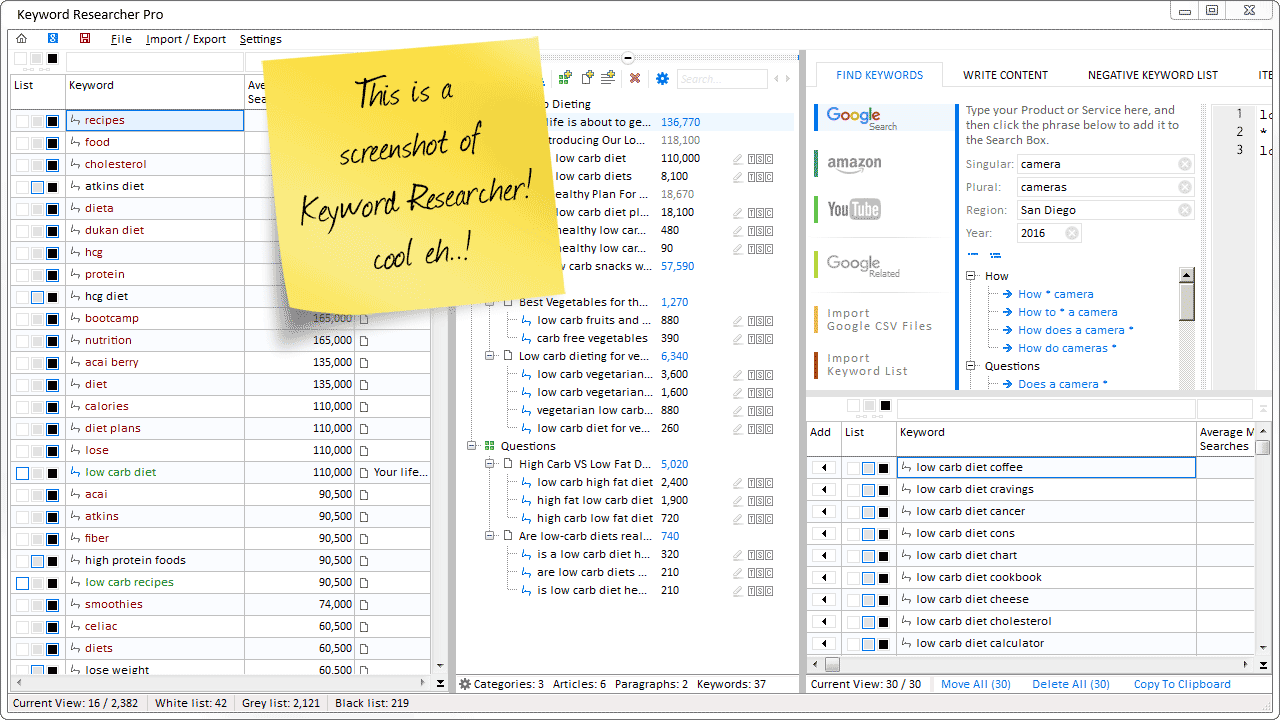
Organize Keywords and Import CSV Files from the Google Keyword Planner

The Most Affordable And Easiest User Friendly Page Builder You Will Ever Use!

Instant WordPress Theme That Matches Your Website
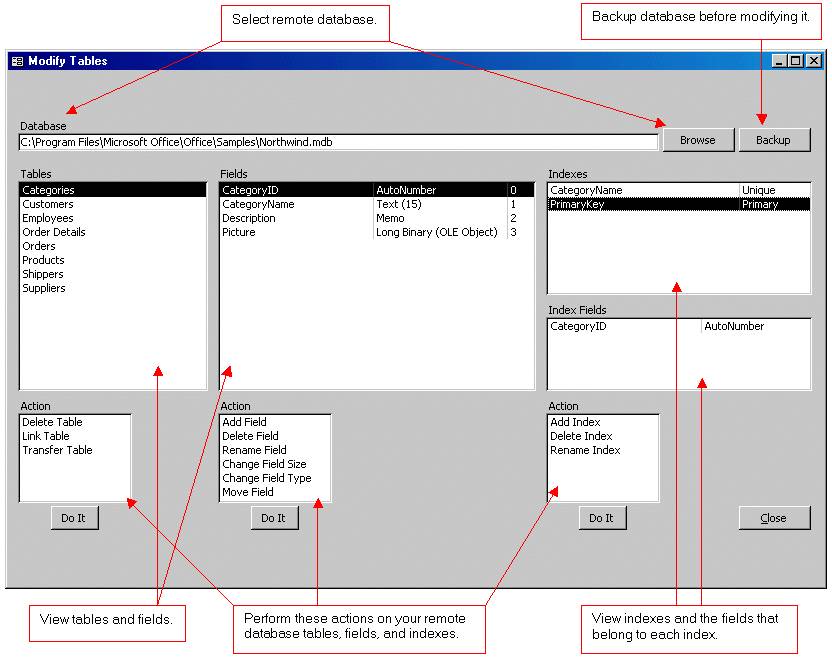
Wizard to Manage Remote Backend MS Access Database Tables Fields and Indexes

If you had an aisle-by-aisle grocery list wouldn't you spend less money on impulse items?
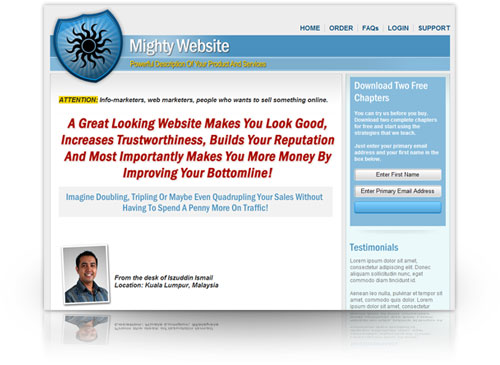
everything you need to create a professional corporate look mini-site is there.
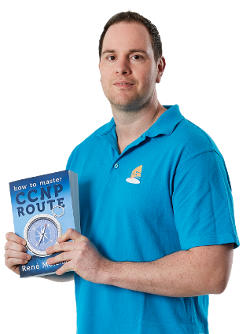
Unlock Your Networking Potential with GNS3Vault
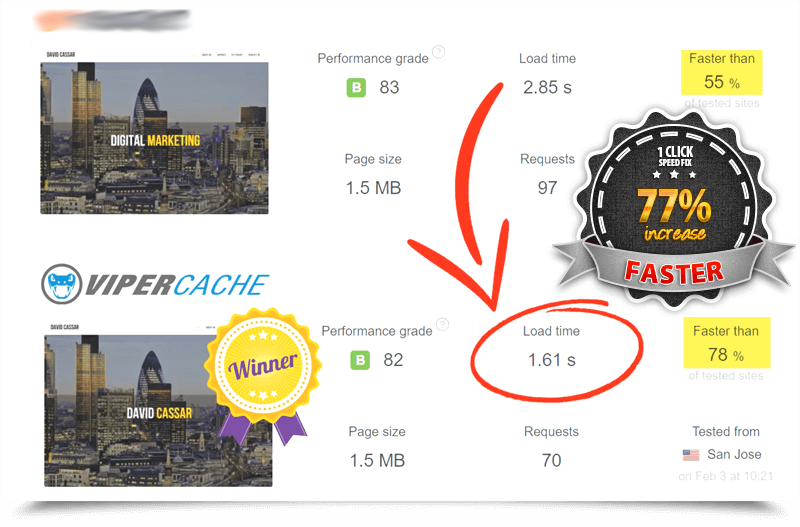
Viper Cache Was 77% Faster Than The Competetion

Understanding Stock Market Shorting eBook


